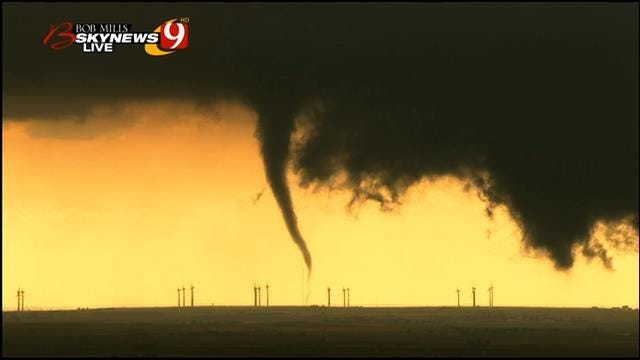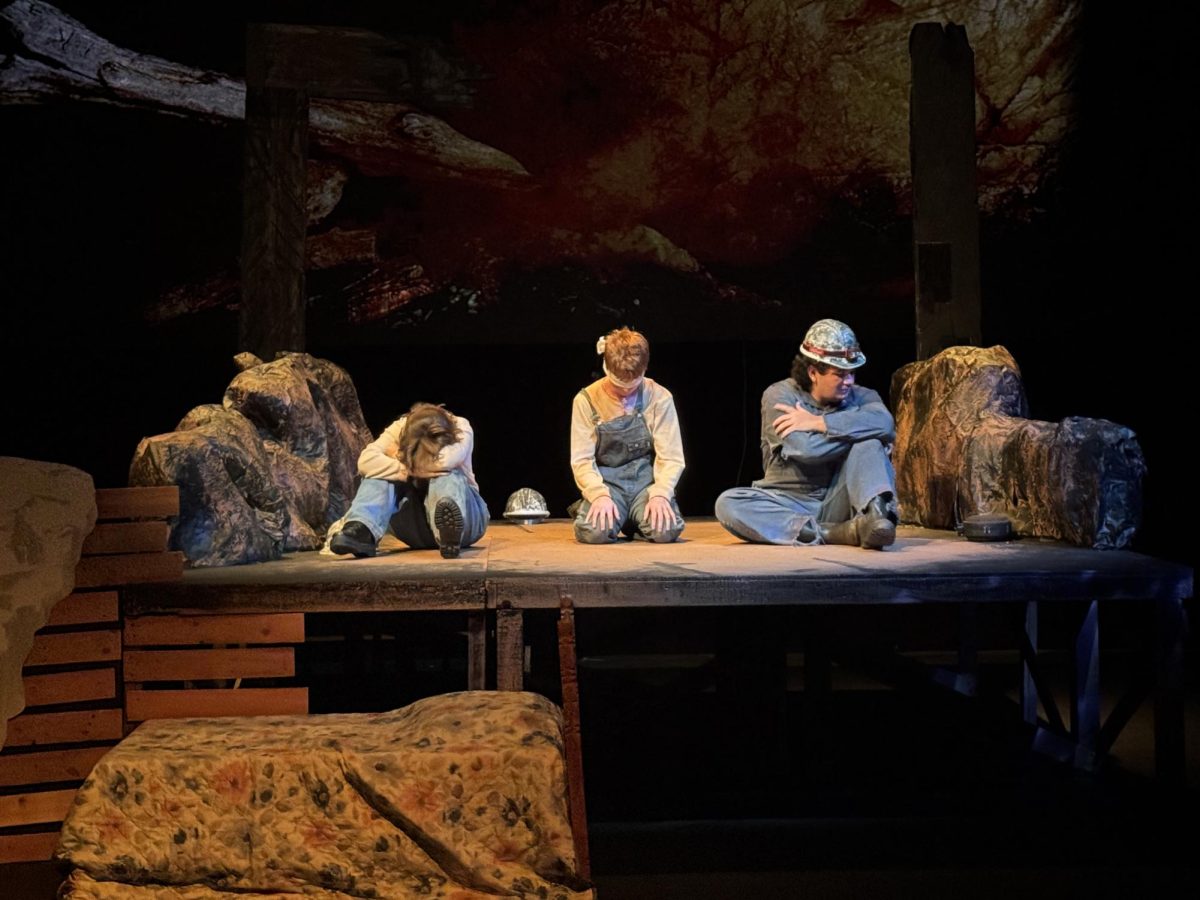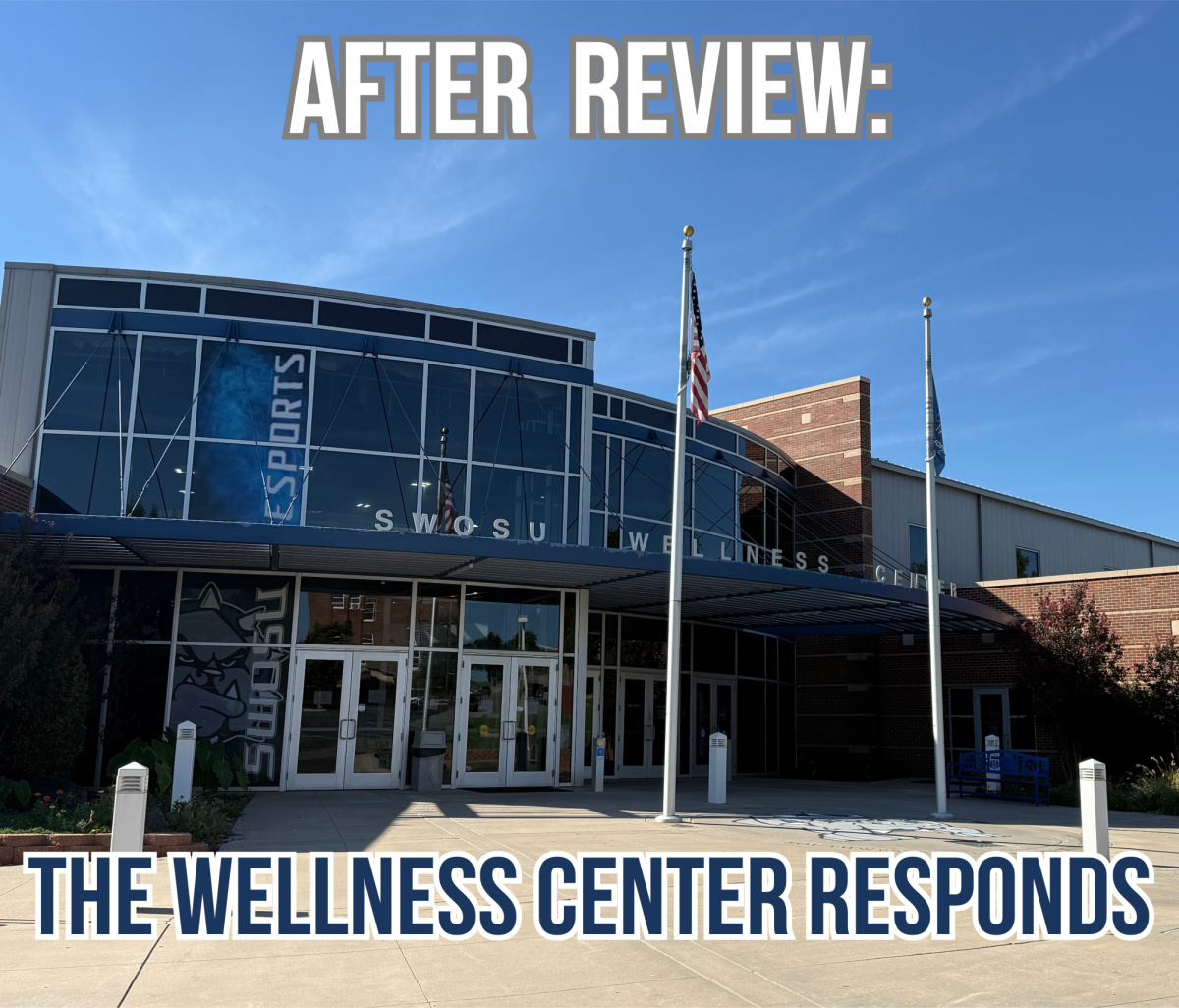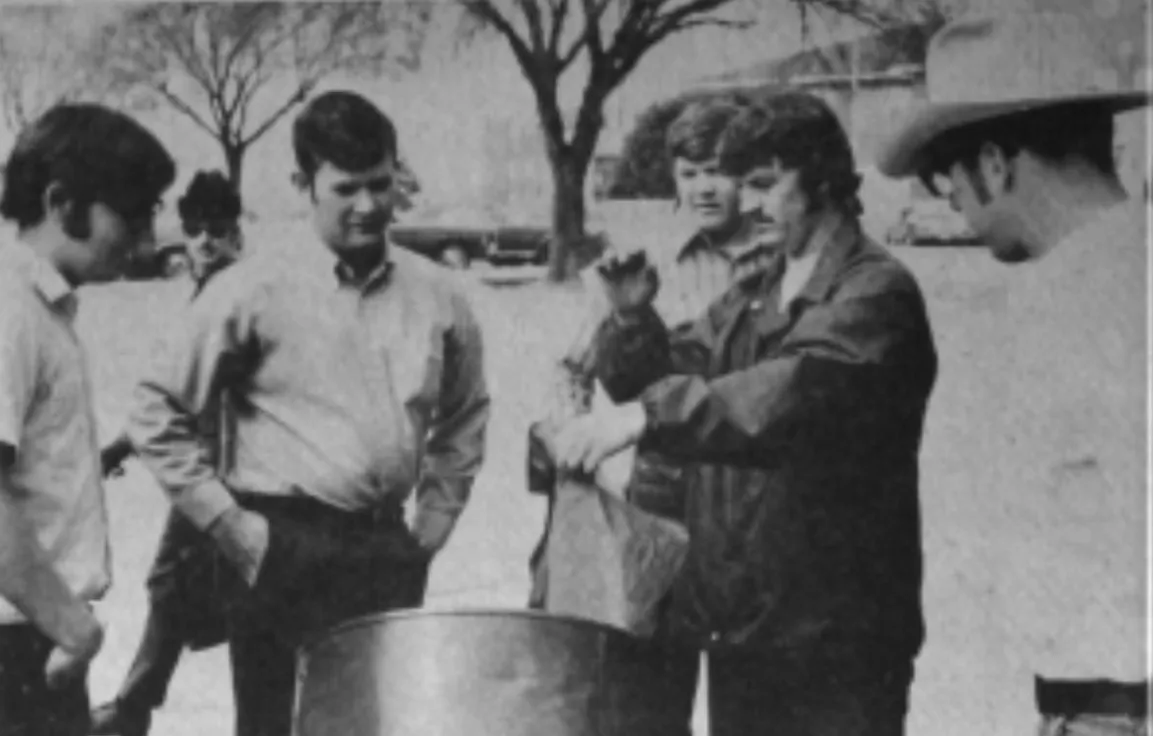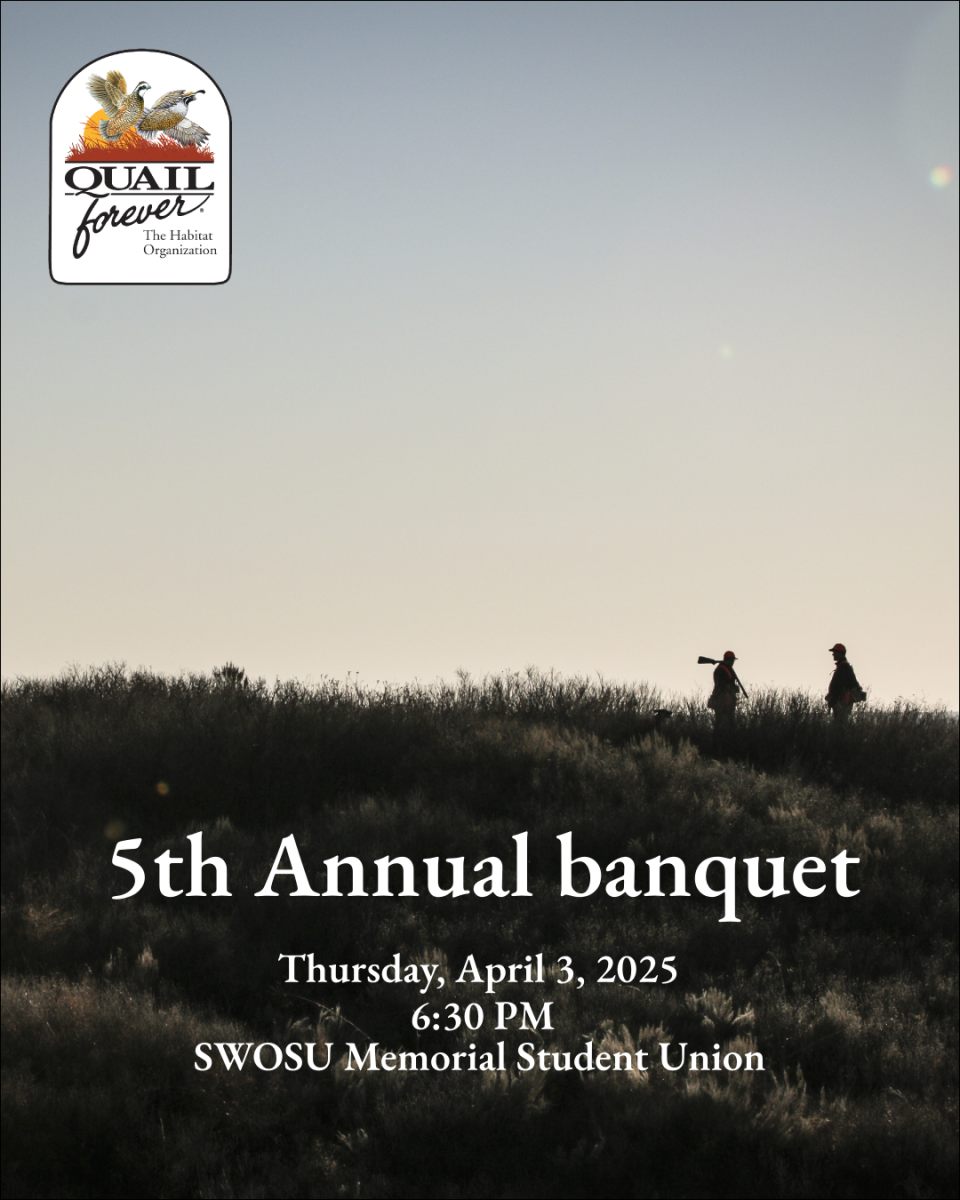Do you know what to do in case of a tornado warning while on campus or in town?
Well, first things first, do not panic. If you’re running around like a chicken with its head cut off, you will not think critically and could make bad decisions. Instead, just have your plan for what to do ahead of time. Don’t know what to plan for? That’s why I am here!
For starters, understand the difference between a tornado watch and a tornado warning. A watch just means conditions are possible for a tornado to form in the area. No threat is directly imminent. A warning means a confirmed tornado or storm capable of producing a tornado is in the area. Under a watch, immediate action is not needed. Under a warning, it is usually time to take shelter.
Now that you know the difference between the two, what should you do if a tornado warned storm is headed your way?
First, grab anything valuable, such as phones, wallets, computers, etc., put on closed-toed shoes, and locate a shelter. For those ON CAMPUS, you can locate shelters for buildings you may be in HERE.
For those OFF CAMPUS, if there is no basement or storm shelter available to you, seek shelter in the interior, most of the bathroom or closet on the lowest level of the building/house. Make sure you find somewhere clear of any windows. If you determine you have enough time to make it to campus, you can shelter at one of the two volunteer shelters as long as you are a SWOSU student or employee. Those are listed at the link above.
On days that have enhanced severe weather risks, monitor local weather updates and keep up to date. The worst thing you could do is be caught off guard by one of these storms. Oftentimes, you will have around 15 minutes to prepare once a tornado warning is issued, but if you are monitoring local weather, this lead time can increase. Stay tuned to updates from the National Weather Service, as well as local weather stations. X is a great source for live, up-to-date weather information from the National Weather Service and these local stations.
Take your information from a trusted source. Your grandmother’s aching knees, the birds, YikYak weathermen, etc., are not necessarily accurate forecasters. Instead, keep it with a trusted source, such as weatherman/comedian David Payne.


